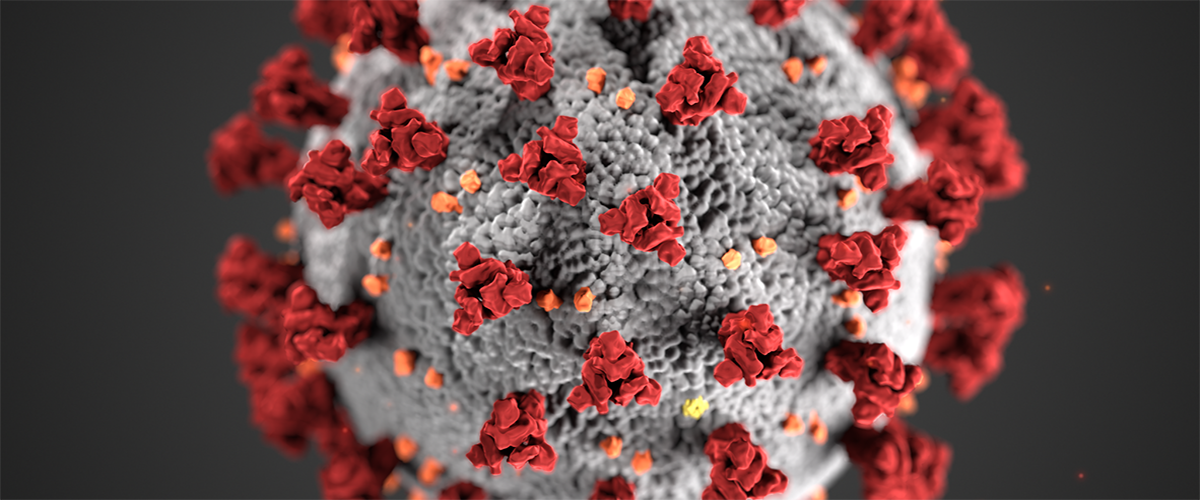Mental Health Pretrial Services Substance Abuse April 13, 2020
Given the serious mental health and substance use issues among justice-involved individuals, you might think that the criminal justice system would rely heavily on peer support groups to help address their needs. Unfortunately, this is not the case.
Peer support is an effective and helpful approach that can divert people with mental illness and substance use issues from the criminal justice system. When implemented correctly, it can be a formidable force.
It also has the potential to vastly reduce jail populations, in line with the goals of the Safety and Justice Challenge.
“Peer support providers are people with a personal experience of recovery from mental health, substance use, or trauma conditions who receive specialized training and supervision to guide and support others who are experiencing similar mental health, substance use or trauma issues toward increased wellness,” says the definition developed by the International Association of Peer Supporters (INAPS).
“The term peer supporter is an umbrella for many different peer support titles and roles,” the INAPS definition says. “Such as peer advocate, peer counselor, peer coach, peer mentor, peer educator, peer support group leader, peer wellness coach, recovery coach, recovery support specialist, and many more.”
The INAPS has also developed “National Practice Guidelines for Peer Supporters” which outlines 12 core ethical values for the practice of peer support: Peer support is voluntary; Peer supporters are hopeful; Peer supports are open minded; Peer supporters are empathetic; Peer supports are respectful; Peer supporters facilitate change; Peer supporters are honest and direct; Peer support is mutual and reciprocal; Peer support is equally shared power; Peer support is strengths-focused; Peer support is transparent; Peer support is person-driven.
Peer supporters provide services in both one-on-one and small group formats. They can assist individuals with an array of recovery-based topics, such as coping skills, developing personal recovery plans, crisis and relapse prevention, illness management and healthy lifestyle behaviors.
As many criminal justice offenders also have a long history of psychosocial problems that have contributed to their substance abuse, interpersonal difficulties with family members, difficulties in sustaining long-term relationships, emotional and psychological problems and disorders, difficulty managing anger and stress, lack of education and vocational skills, and problems finding and maintaining gainful employment, the utilization of peers for diversionary purposes to reduce the number of people booked into jail can prove to be a highly effective strategy.
While not getting too far into showing how many similarities exist between substance abuse treatment for those in the criminal justice system and for those in the general population, people in the criminal justice system have added stressors, including but not limited to their precarious legal situation. Criminal justice clients also tend to have criminal thinking and criminal values characteristics that affect treatment.
Peers can have more of an opportunity than treatment staff to observe each other’s behavior. Peers using a group treatment modality have the capacity to give more immediate feedback for positive steps to change and for negative thinking and behavior while in the community. Peers can often give feedback in ways that the client can more readily assimilate, enabling criminal justice clients to often quickly and accurately see the relapse signs in themselves. Using peer support and feedback also serves to prepare incarcerated criminal justice clients for using peer support organizations in the community.
One of the very tangible benefits that peer supporters bring is their first-hand, lived experience with mental health issues. Because of this, they can easily relate to individuals who are still struggling with their own personal challenges. They can also share the tips, tools, and strategies which have been useful for them, which may also be worthwhile for the person they are helping.
Perhaps one of the greatest gifts peer supporters bring to others is hope and inspiration, for they are a living role model of how it’s possible to grow, learn and have a fulfilling life while still coping with a significant and sometimes lifelong health challenge.
Broader understanding of peer support and its potential to reduce jail populations can only be a good thing for the criminal legal system. For those curious to learn more, I’d recommend a documentary which aired in April on KPBS in Florida, entitled The Definition of Insanity. It explores a peer support model in Dade County, Miami, through the eyes of people involved.
–Lisa Maye, MSW is a Senior Project Associate at Policy Research, Inc.


